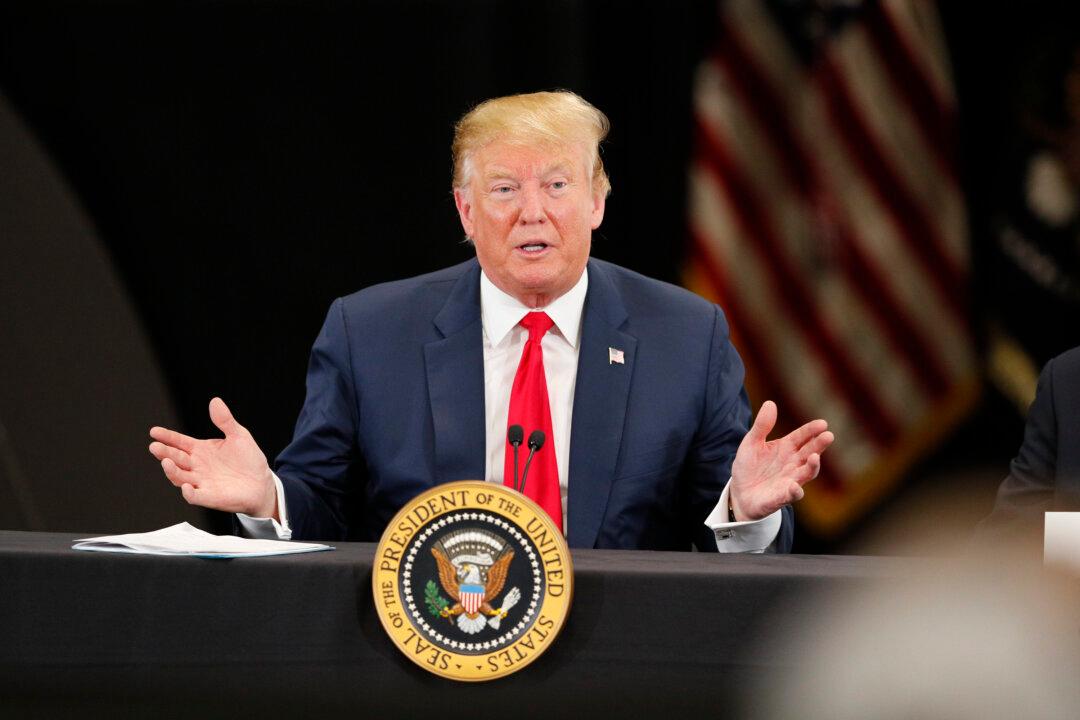President Donald Trump appeared to change course on Harley-Davidson Inc., pledging on April 23 to protect the motorcycle maker from European Union tariffs after criticizing the company last year for moving some of its manufacturing overseas amid a steel spat.
The company topped expectations for first-quarter profit on April 23 as Trump called the European tariffs against Harley “unfair.”





